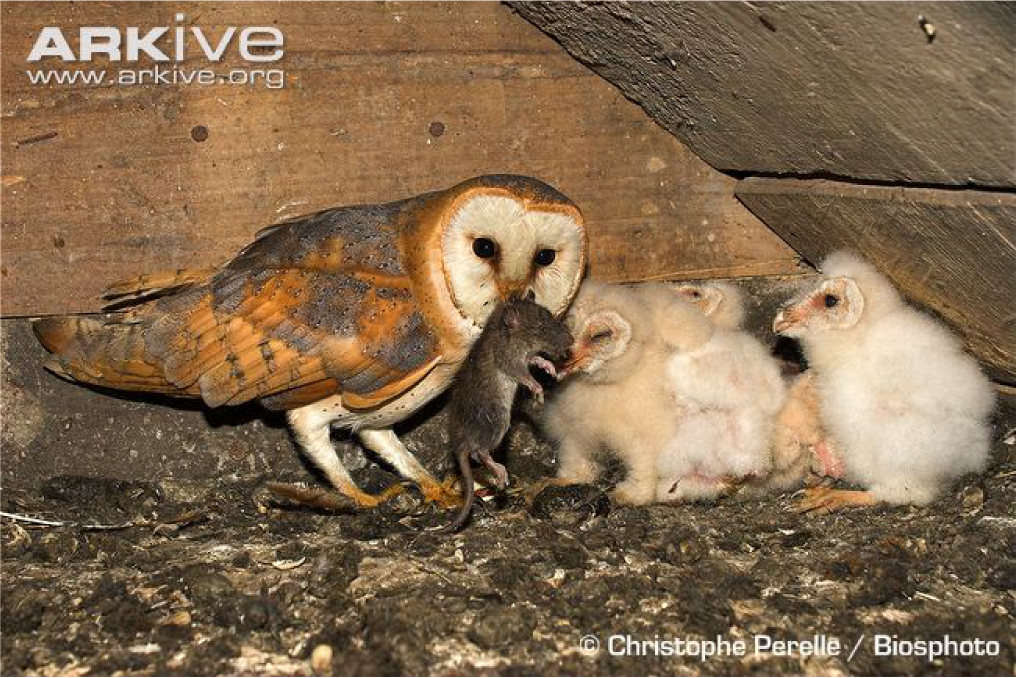What is eating my garden plants?

BY WENDY HUNTER
I recently wandered through the plant nursery looking for some end-of-season veggies. As I looked up from the limited selection of plants, I noticed another gardener, looking just as disappointed. We shook our heads at each other with an understanding of mutual loss. We chatted briefly, and she revealed that she too had lost her plants to those dang ground squirrels and rabbits!
I’ve gotten many calls on the Master Gardener Hotline about this problem of vertebrate pests eating precious garden plants. Pests like deer, rabbits, squirrels, rats and raccoons cause significant damage to our gardens.
One of the key lessons I learned in Master Gardener training is that you need to understand your adversary. Here is my short guide to mammalian pests and how to outsmart them:
Physical Barriers
One of the most effective ways to protect your garden from vertebrate pests is to install physical barriers. Fencing is a popular option and can be tailored to the specific pests in your area. For smaller animals like rabbits and groundhogs, a 2-3’ high fence buried 6-12” underground can prevent critters like gophers from burrowing underneath. The fence around my garden beds is 3’ high but the ground squirrels still manage to make their way inside for a snack! For taller fruit trees, mesh netting can protect fruit as well as berry bushes from squirrels and birds.
Deterrents and Repellents
Repellents can be used to make your garden less attractive with their unpleasant taste or smell. Chemical repellents, available in both commercial and homemade formulations, can be sprayed on plants to deter mammals but often are not as effective as other methods because they wash away with irrigation or rainwater and can breakdown from sunlight.
Ultrasonic repellents are another option. These devices emit high-frequency sounds that are irritating to mammals but inaudible to humans. They can be strategically placed around the garden to create an unwelcoming environment for pests. Motion-activated sprinklers are also effective; they surprise and scare away animals with a sudden burst of water whenever they approach. I’ve used a solar-powered deterrent with light and sound that has worked surprisingly well. The downside is that it is inappropriately triggered by wind and can be annoying if you have neighbors close by.
Companion Planting and Natural Predators
Try growing certain plants together to repel pests or attract beneficial predators. For example, planting marigolds around your garden can deter rabbits and other mammals with their strong scent. Similarly, aromatic herbs like mint, rosemary, and sage can repel various pests.
Dogs and cats can be effective in keeping smaller animals like rabbits and squirrels at bay. Owls and hawks can help control rodent populations. Creating a habitat that attracts these predators, such as installing owl boxes or perches, can naturally reduce pest numbers. We hung owl boxes 6 years ago and for the first time this year we have a family of screech owls! Unfortunately, they don’t seem to have had any effect on my very robust ground squirrel population.
Proper Garden Management
Maintaining a clean and well-organized garden can also deter mammalian pests. Remove any potential nesting sites, such as brush piles, tall grass, and debris, which can attract animals looking for shelter. Be sure to harvest ripe fruit and vegetables promptly to avoid attracting pests with the smell of ripe produce. And your compost bins should be well-sealed to prevent mammals from accessing food scraps.
Other Options
Trapping, baiting, shooting and fumigating are other options. There are a variety of methods to consider and will depend on the animal you are targeting. You will also need to pay attention to the laws in your area. While it is legal to trap most animals, it is illegal to relocate them in California. You can only release trapped animals on the same property where they were caught.
There are a limited number of poisons available, but many of them require the animal to eat several doses, so your choice of pesticide will depend on the animal you are targeting. Some poisons can be dangerous when they make their way up the food chain or inadvertently poison an unintended animal.
Fumigating an animal’s burrow can be effective. It needs to be done when the soil is moist and at a time when the animals are not hibernating. Many burrowing animals plug their burrow with soil when they are hibernating, and the fumigation won’t enter the chamber where they are resting.
While shooting some of these pests, including ground squirrels, with a small caliber rifle can provide some control, it is very time-consuming. And discharging a firearm is not legal in most municipalities.
Protecting your crops from vertebrate pests is best done by using several of these methods at the same time in your garden. Check out this great group of articles about managing natural area pests and vertebrate pests for more details on all of these strategies.
Happy Gardening!
Wendy Hunter, UCCE Master Gardener

